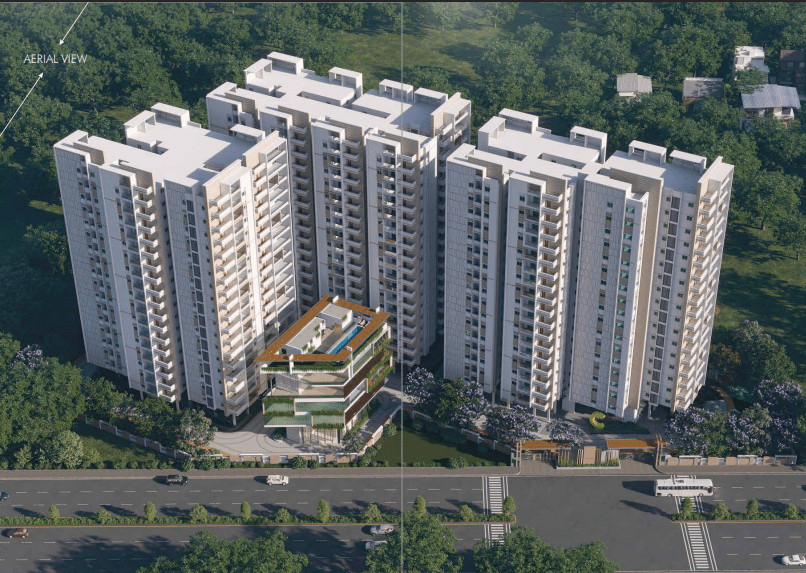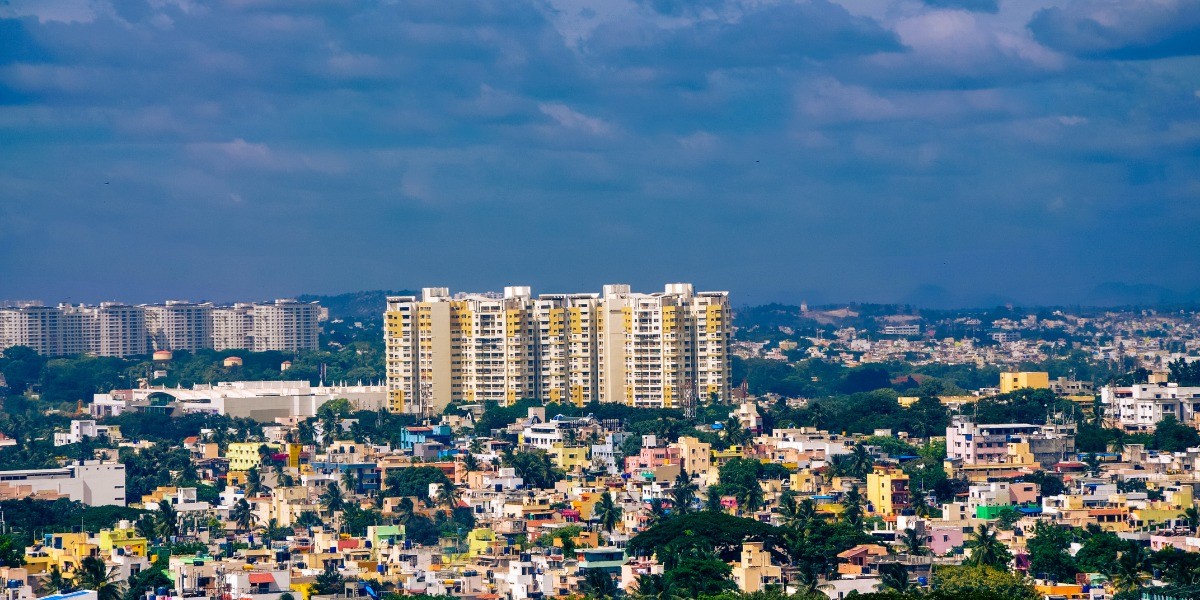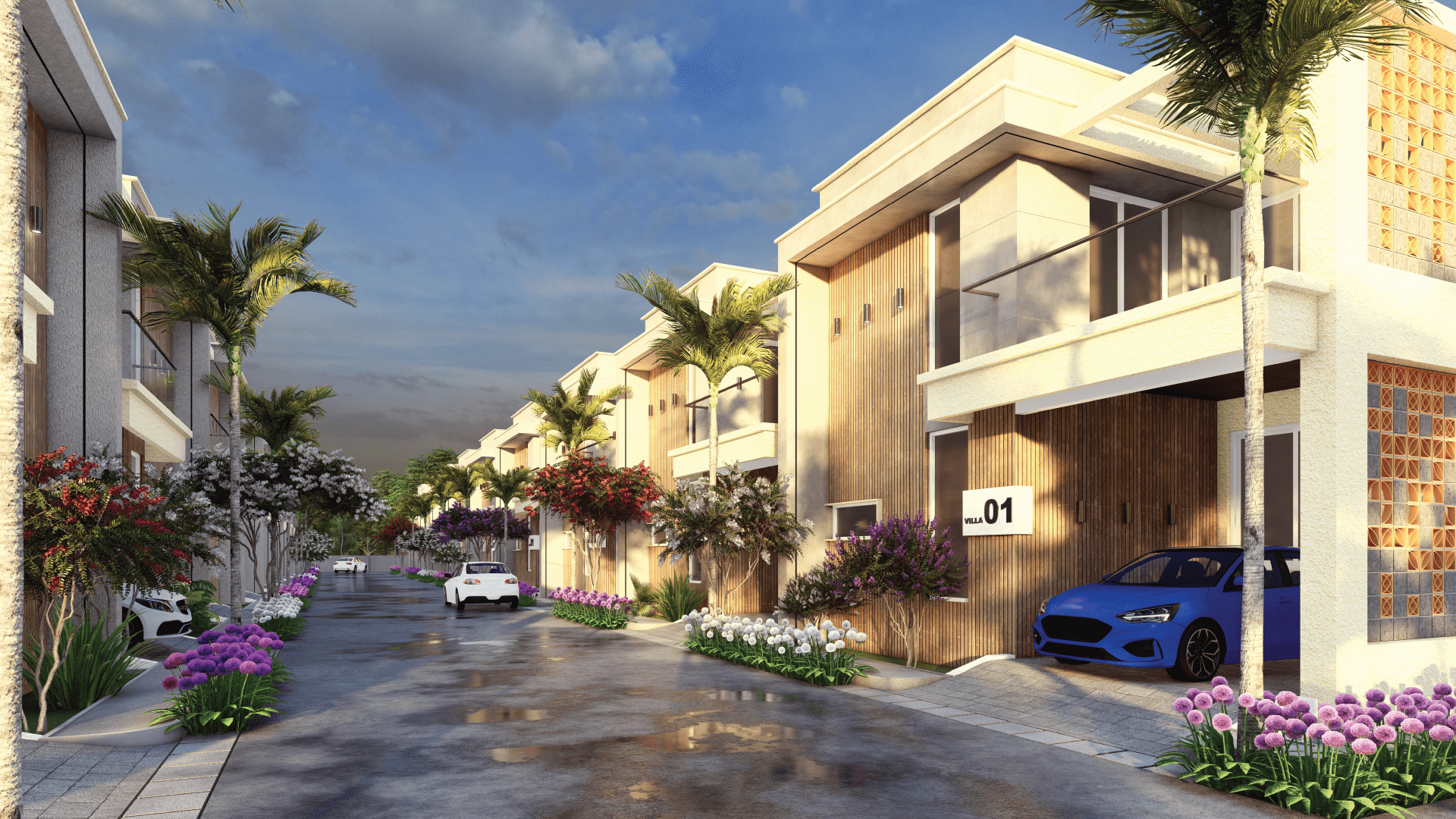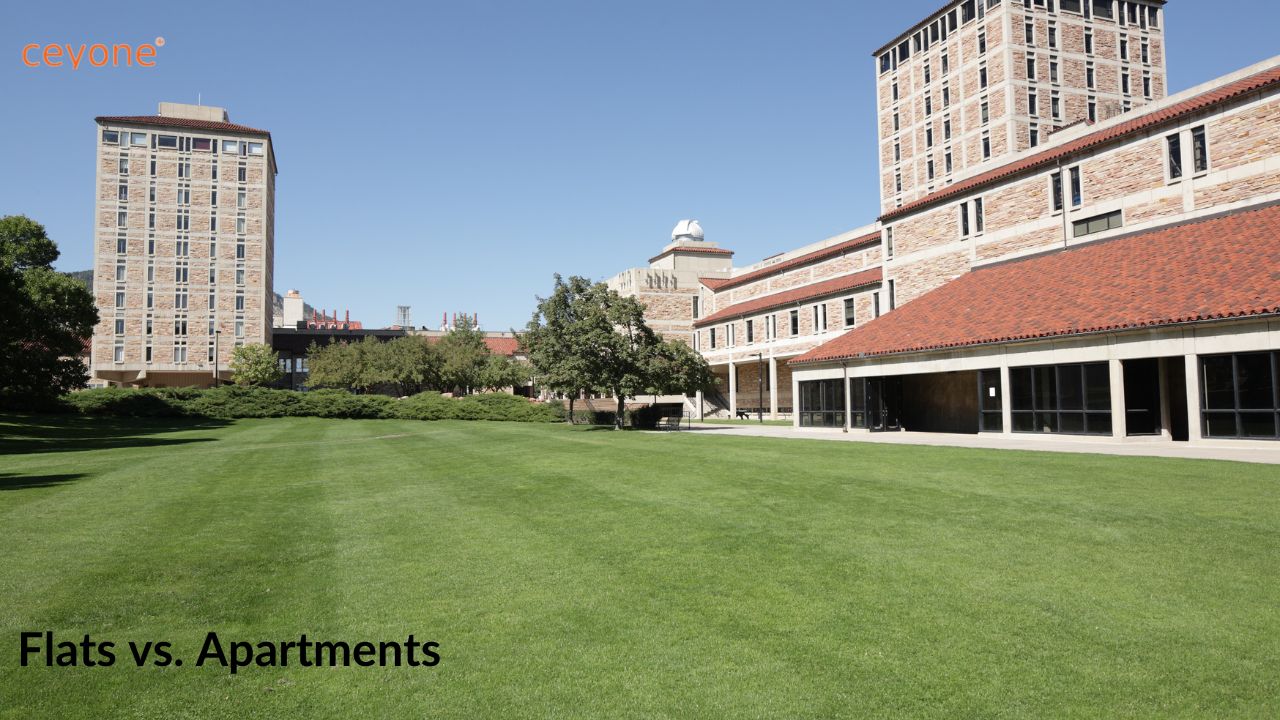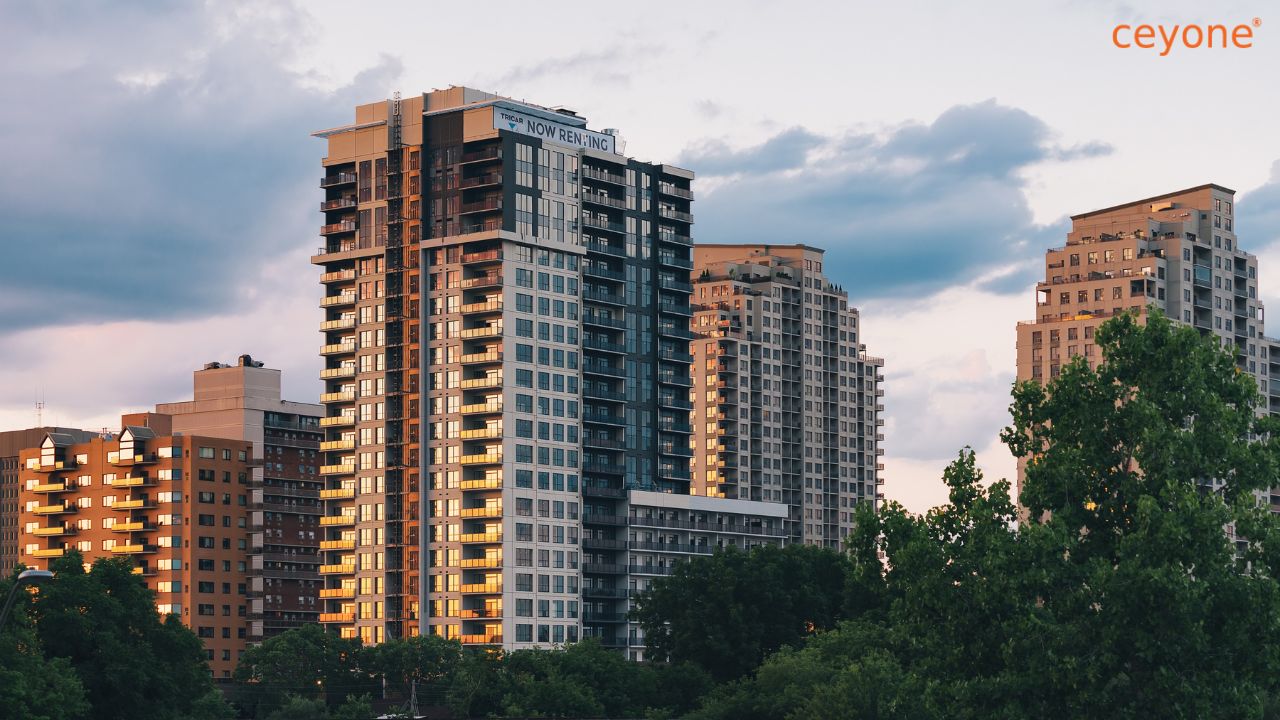Metro Line Expansion: 5 Big Reasons Property Prices Will Rise
Discover how a new metro line can influence property values. Explore key factors like proximity, infrastructure quality, and local development that affect real estate investment potential. Learn if living near a metro station is the right choice for you.
In many Indian cities, the launch of a new metro line is not just a milestone in urban development—it’s a game-changer for the real estate market. But how exactly does the arrival of a metro station affect property values? Is it truly a boon for homeowners and investors, or just an overhyped trend?
Let’s explore how metro connectivity influences property prices across India and what homebuyers and investors should know before making a decision.
Why Metro Projects Matter in Indian Cities
Indian metros like Bengaluru, Hyderabad, Pune, and Delhi-NCR are expanding rapidly. With this growth comes increased traffic, congestion, and commuting woes. Metro rail projects have emerged as a crucial solution—offering cleaner, faster, and more reliable public transport.
But for real estate buyers, the value of a metro line lies in more than just convenience. It’s about accessibility, long-term appreciation, and livability.
What the Data Says
Past trends in cities like Delhi, Mumbai, and Bengaluru show a noticeable spike in property demand and pricing near metro corridors. Properties located within a 1–2 km radius of metro stations often see higher resale and rental values. According to several real estate studies, values can rise anywhere from 10% to 25% post-metro announcement and operational rollout—depending on the area and infrastructure.
How Metro Connectivity Impacts Property Value
Here’s a quick overview:
| Factor | Impact on Property Value | Explanation |
| Proximity to Metro Station | High | Properties within walking distance to stations are more desirable for working professionals and tenants alike. |
| City Development Plans | High | Areas with upcoming metro stations often attract malls, schools, and commercial hubs, increasing the location’s value. |
| Commute Time Savings | Moderate to High | Easy access to the metro means reduced commute time, especially in traffic-heavy cities like Bengaluru and Mumbai. |
| Rental Yield | High | Homes near metro lines fetch higher rental income, making them attractive to investors. |
| Noise/Overcrowding Factors | Mixed | While metro boosts value, properties too close to stations may face noise or congestion, slightly reducing desirability for certain buyers. |
Examples Across Indian Cities
- Delhi-NCR: The expansion of the Delhi Metro led to significant appreciation in areas like Dwarka, Noida Sector 137, and Vaishali.
- Bengaluru: The Namma Metro’s Purple and Green Lines have raised property values in neighborhoods like Indiranagar, Jayanagar, and Yeshwanthpur.
- Hyderabad: After the launch of Hyderabad Metro, localities such as Miyapur and Ameerpet saw rising interest and price growth.
Should You Buy Property Near a Metro Line?
If you’re a homebuyer, a location near a metro line offers daily convenience, better connectivity, and future resale value.
If you’re an investor, it can mean consistent rental income and long-term appreciation. However, timing is crucial—buying before the metro becomes operational often provides the most significant return on investment.
Things to Watch Out For
- Speculation Hype: Sometimes, property prices are artificially inflated around metro projects even before final approvals. Verify project status before buying.
- Legal Clearances: Ensure the area is RERA-registered and the developer has obtained all legal approvals.
- Infrastructure Readiness: Proximity to a metro line is helpful only when backed by good roads, water, and civic infrastructure.
Final Thoughts
A new metro line in your city isn’t just about faster travel—it’s about unlocking growth corridors and creating future-ready neighborhoods. Whether you’re buying your dream home or planning your next real estate investment, keep an eye on metro connectivity. It might just be the smartest move in an evolving Indian market. Connect ceyone for more details.

